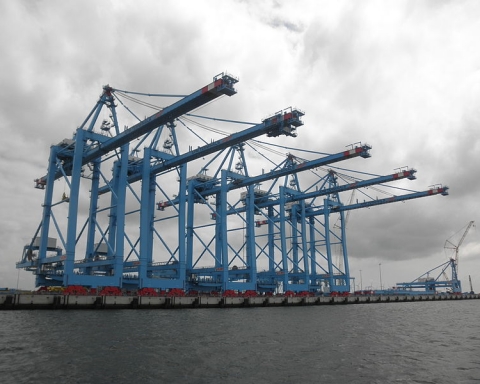“China and Russia have a geopolitical vision that, while arising from partially different ideologies, is almost identical. It is based on the assumption that the assertion of national interests should not be subjected to international law but pursued through the use of force.”
Ambassador Giulio Terzi di Sant’Agata has no doubt about this: “Those who think Beijing wants to move away from the Russian position on the invasion of Ukraine are wrong. If it wanted to, Xi Jinping could stop the war in minutes. It would just take a phone call. Then again, it is clear that the war is hurting China’s economic interests in the Silk Routes, pushing countries such as Japan and Australia to rearm. But the Chinese president has decided not to intervene. Indeed, on a couple of occasions it even abstained on resolutions condemning the invasion, at the UN Security Council and the General Assembly.”
According to the former Minister of Foreign Affairs in the Monti government, “in the last five weeks since the signing of the Olympic Pact between the two countries, the common strategy they are pursuing has become increasingly clear.”
“Both consider rewriting history a key part of their expansionist policies,” Mr.Terzi says. “Putin’s objective, in particular, is to recreate the imperial ideal of Tzarist Russia combined with the need to redeem what he considers to be a defeat: the dissolution of the Soviet Union and the Warsaw Pact.”
The Russian president “is moving forward in an increasingly radicalized, ideological way. However, tsarist imperial ideology is anachronistic; it is two centuries behind everything that the post-World War II era tried to create in Europe, regulating relations between blocs of states on the basis of law, multilateral activities and economic growth. Putin has swept all this aside, proclaiming that Russia must expand its territory to safeguard its people’s safety and welfare.”
Xi Jinping also came to power with the ideal of redemption from the offenses his country suffered in colonial times: “The president of the People’s Republic of China wants to return to the unity of Greater China, focusing on territorial expansion and the growth of its economic influence in the world. Hence the militarization of the China Sea, the invention of the Silk Routes, the pressure on neighboring countries, starting with Burma.”
Terzi di Sant’Agata is clear: “The use of force has been the common denominator of both Russian and Chinese foreign policy over the past 10 years. The common goal is to gain dominance in all fields, from security to information technology, via biotechnology, communication and artificial intelligence.”
In addition, both have a common antagonist. The West. “For Putin it is NATO, for China it is the United States and the Indo-Pacific countries close to Washington. The European Union is also considered an enemy, although not so overtly. The EU represents the economic aggregation center that needs to be destabilized.”
How: “By artfully creating scenarios that bring out the selfish propensity of each member country, influencing, politically and economically, the 27 countries as a whole to disintegrate their capacity to respond collectively.”
After all, according to Mr. Terzi, this is the gist of the Olympic Pact signed by the two countries, a kind of Pact of Steel. “Putin pledges to support Xi Kinping’s claims on Taiwan, for example, and Xi Jinping pledges to support Putin’s claims in countering the Atlantic alliance, whether by peaceful, non-military means or military means. China has not gone so far as to support Putin’s ambitions militarily, but politically both see eye-to-eye.”
Terzi is keen to point out that the War in the Ukraine started just days after the signing of the Olympic agreement, “Xi Jinping could not have been unaware that Putin would invade Ukraine.”
It’s all part of a common strategy: “Both are aware that the confrontation with the West is destined to last. The invasion of Ukraine, although harmful to China’s contingent interests, is ultimately a tool to disaggregate the West.”
According to the Ambassador, Russia and China also see eye-to-eye on various points on the Silk Roads: “The BRI is a tool for logistical and economic domination that Beijing is making available to Russia. Not all the Silk Routes go through Russia, a lot of them also go through Central Asia and those countries that are forced to take Russian ambitions into account. We know of a couple that are strategically important and home to millions of Russian speakers.”
In short, the Silk Road can be used as a tool for force a country to do what they want, and it is a tool that could allow Russia to have its own trade corridors in Europe.
If this is the picture, “The EU and Italy must quickly pull themselves together, restore their stability, also in a military sense and in terms of common border defense. In front of us we have just one scenario, Russia-China, which sees individual Western countries as contestable areas to be conquered. That is why the attack on Ukraine is an attack on the heart of Europe.”
Translation by Giles Foster




